Nowadays it's rather difficult to create something remarkable and unique in the culinary arts. It's as if everything's been done already, everything is well known. Fusion cuisine refutes this claim and shows us that the culinary arts have other sides to them, ones that have yet to be discovered and presented.
Fusion means a mutual blending, or said in a different way - this type of cuisine combines the traditions of different national cuisines. In fusion cooking, dishes become a meeting point for imagination and improvisation, the blending of Western laws of cooking with the exotic and spicy nuances of Eastern foods.
This type of cuisine has ancient roots but gained wider popularity during the 70s. In that time period, some French chefs began offering astonishing blends - they combined French national and Asian cuisines. The idea spread like wildfire and gradually fusion cuisine conquered other European countries, setting a foothold in the US as well.
Characteristic of fusion cuisine is variety - different ingredients and foods. In order to successfully prepare such dishes, one must have respectable knowledge of the national cuisines of the world, to be familiar with the various techniques, to know the products of the different geographical regions.
So what are the laws of fusion cuisine? Actually, the word "laws" is inappropriate for this culinary style.
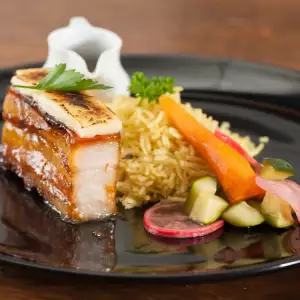
The only condition that must be satisfied is for the products that are to be used to match in taste and texture. A key element of fusion cooking is creativity - you would hardly end up with a fitting dish without imagination and creative thought.
Exotic combinations are inherent for fusion dishes - the popular Indian burger is a blend of the American burger but with Indian naan bread and spices typical of India.
Besides fans, fusion cuisine also has its critics. Since experimentation plays a leading role, critics are quick to mention that these experiments are not always successful.
They stress that excessively "jumbled" dishes are too often the result and that to practice this type of cuisine, the chef must truly be well familiar with the ingredients. In addition they need to be sure of what the end result will be. If not, the chances for the dish becoming a catastrophe are tremendous.
On the other hand, experimentation in the kitchen, one way or the other, carries a risk of failure. Success isn't always guaranteed even amongst the greatest chefs, regardless of what they are cooking - traditional dishes, fusion and so on. In case of a culinary failure, a true chef should be driven to even higher ambitions, rather than quitting.
Skeptics and critics have a right to their opinion of course but must not forget that cooking is above all an art form.
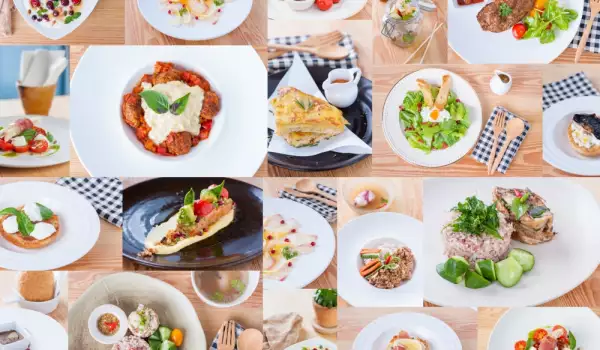
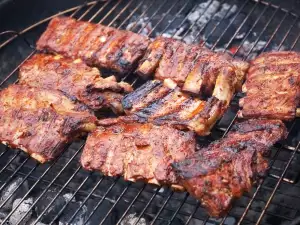
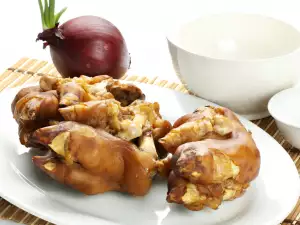

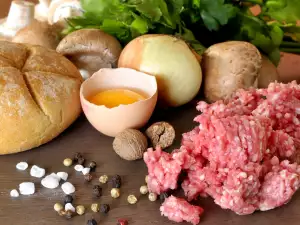
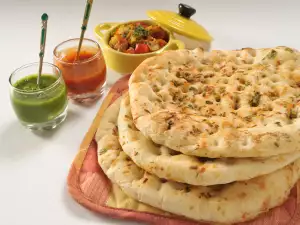
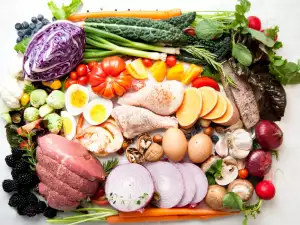
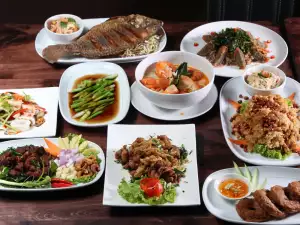
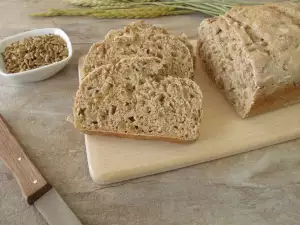
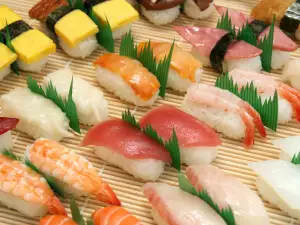
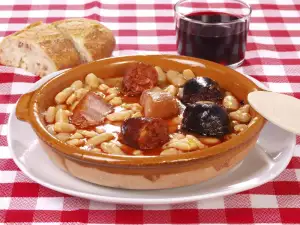


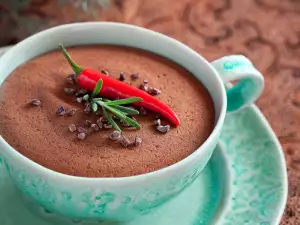

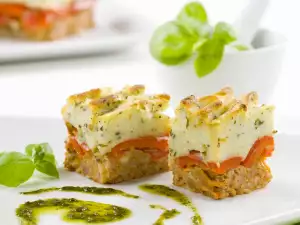




Comments